This year, Doctors Without Borders/ Médecins Sans Frontières (MSF) responded to multiple humanitarian emergencies in diverse settings around the world.
From catastrophic earthquakes in Türkiye, Syria, and Afghanistan; to outbreaks of devastating conflict in Gaza and Sudan; to the health impacts of climate change in places like Kiribati and Madagascar, our teams adapted quickly to tackle often complex needs.
Every emergency is different, and each requires a different response. This year MSF teams set up an inflatable hospital to treat Sudanese refugees in Chad, launched an innovative project to fight dengue fever in Honduras, and much more. We cared for patients in emergency rooms, mobile clinics, field hospitals, and even traveled by motorboat to reach Indigenous communities in remote parts of Brazil and Venezuela. Here are some highlights from our projects around the world.
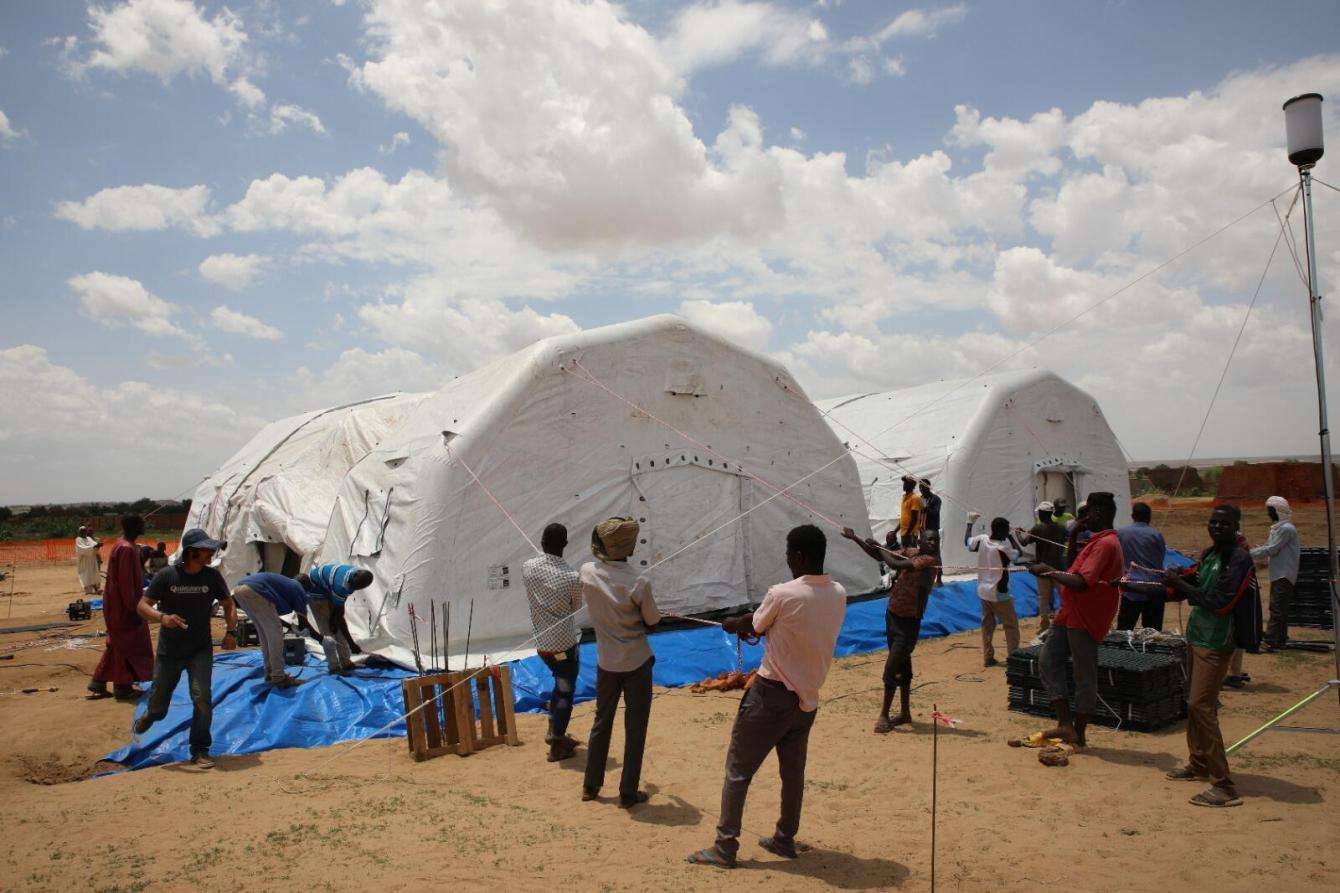
Emergency care for Sudanese refugees in Chad
In 2023, South Darfur became a hotspot of violence amid the ongoing conflict in Sudan, particularly the city of El Geneina. Hundreds of thousands of people have fled across the border to Adré, Chad, often with gunshot wounds and other injuries. Many report being targeted because of their Masalit ethnic identity. MSF teams support Adré hospital to help accommodate the large number of arrivals, including by building an inflatable emergency field hospital. We treated more than 900 wounded people at our hospital in the city in the space of just four days from June 16 to 19.
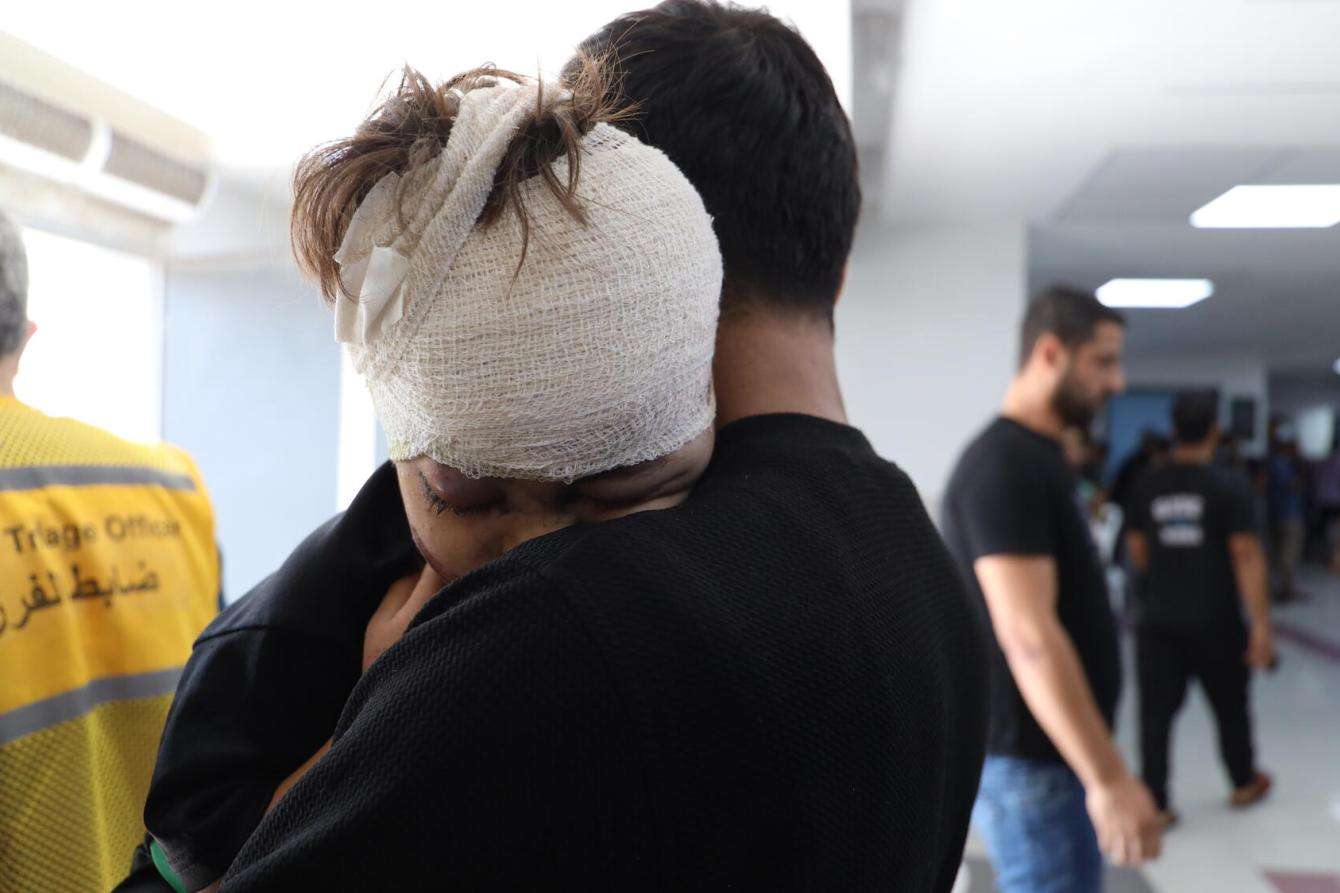
A hospital under siege
In November, Al-Shifa Hospital—the largest in Gaza—came under relentless bombardment by Israeli forces while MSF staff and their families were trapped inside. MSF doctors have sent voice notes describing the scene inside the complex as they stayed to keep treating patients needing urgent care.
Pictured here, a young boy injured by an airstrike hugs his father after receiving treatment at Al-Shifa Hospital on October 16.
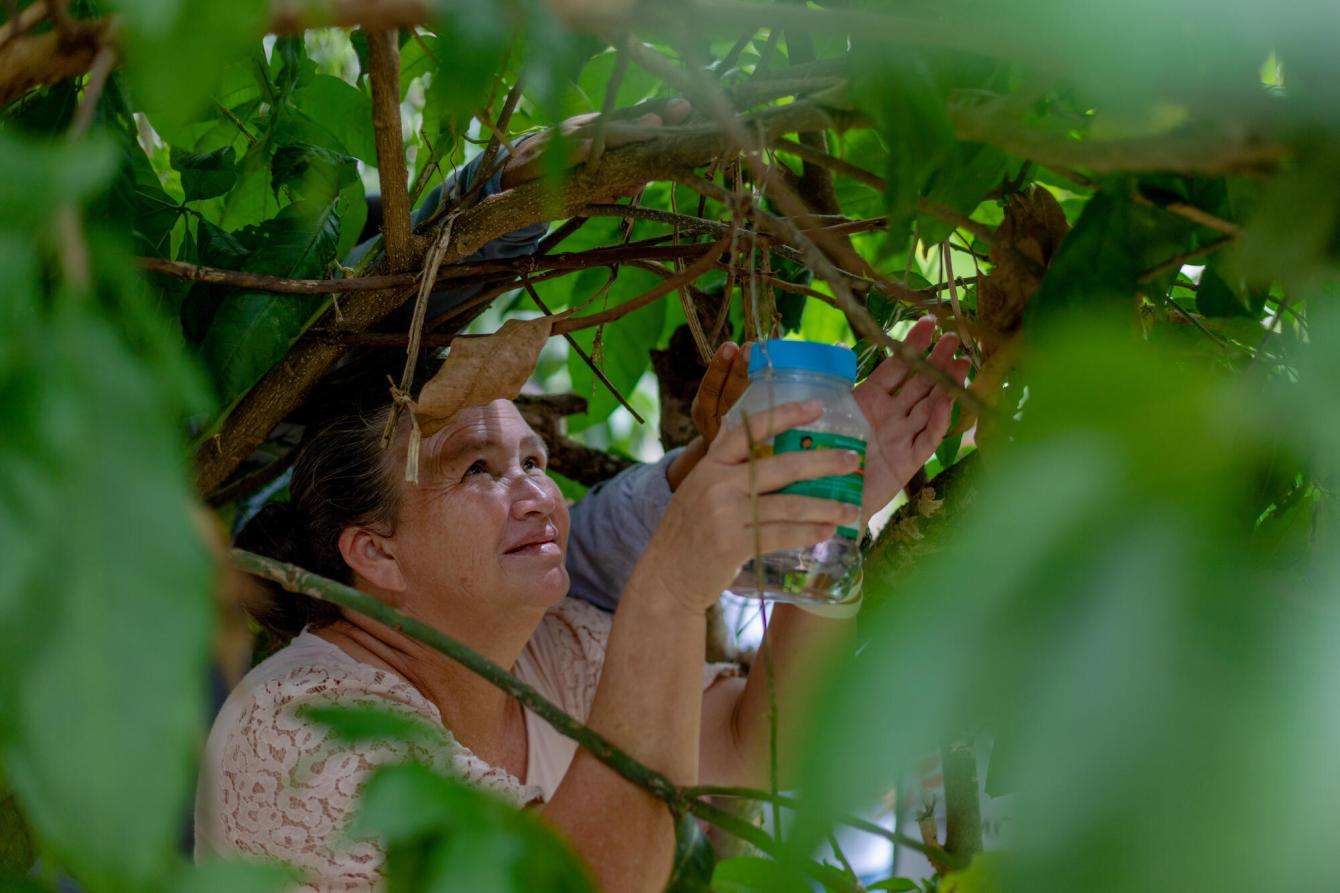
Dengue-fighting mosquitoes in Honduras
In an innovative project that combines technology and community participation, MSF is responding to the spread of dengue in Tegucigalpa, Honduras. This safe and effective method uses mosquitoes carrying the Wolbachia bacteria, which helps prevent the transmission of dengue. The bacteria is introduced into mosquito eggs, and once they mature, the insects are released to mate with local mosquitoes and ensure new generations will also carry it. Local volunteers are essential to the project's success, growing mosquito eggs in jars at home and overseeing their release. The project also involves a local advocacy system in which community leaders become key spokespeople, encouraging others to participate.
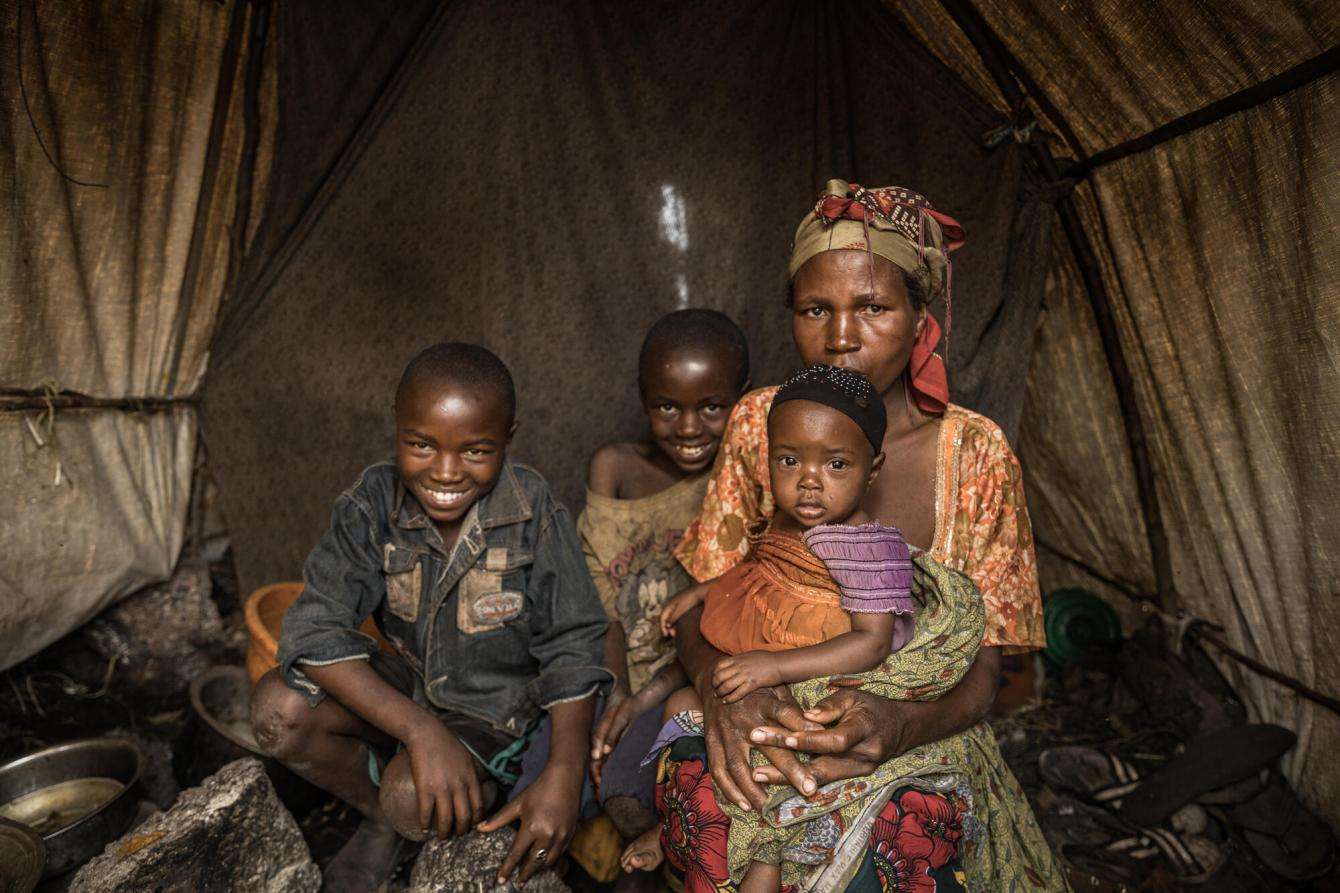
Critical care for displaced people near Goma, DR Congo
In DRC, a resurgence of violence in North Kivu has forced hundreds of thousands of people from their homes. Many are now living in makeshift camps on the outskirts of the capital city of Goma, with insufficient shelter, food, clean water, and toilets, and the risk of exposure to disease and sexual violence.
MSF is responding on multiple fronts: We built water and sanitation infrastructure in three camps to stop the spread of disease, cared for survivors of sexual violence, and brought other health services to people who would otherwise have no access.
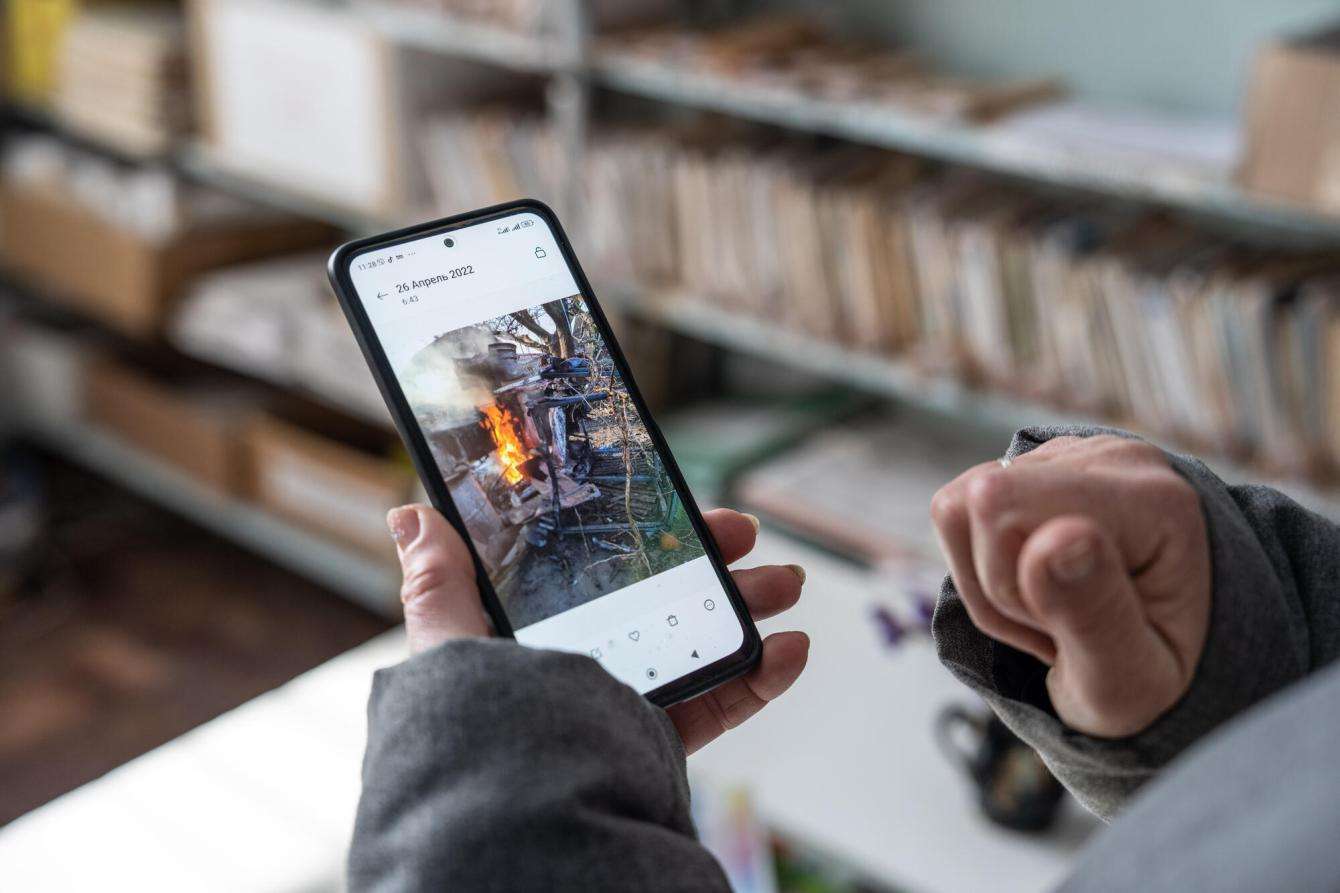
Healing invisible wounds in Ukraine
The war in Ukraine has left both adults and children with deep emotional scars. MSF is providing Ukrainians with comprehensive mental health care, including psychological first aid and counseling. We help people develop coping skills as they navigate the traumas of war and displacement. In 2023, we provided more than 8,000 mental health consultations.

Health care for remote Indigenous communities
MSF is working to connect Indigenous communities in Brazil and Venezuela—who live in remote areas without access to basic infrastructure or services—to vital health care. In Venezuela’s Delta Amacuro province, our teams travel by motorboat from the state capital, Tucupita, to reach health clinics where we provide care for malnutrition, malaria, and other preventable diseases, as well as maternal and pediatric care.
In Brazil, we’re working with the Ministry of Health to provide medical and mental health support to Indigenous people in Boa Vista, a place where government budget cuts and environmental degradation have caused a health crisis impacting the Yanomami community.
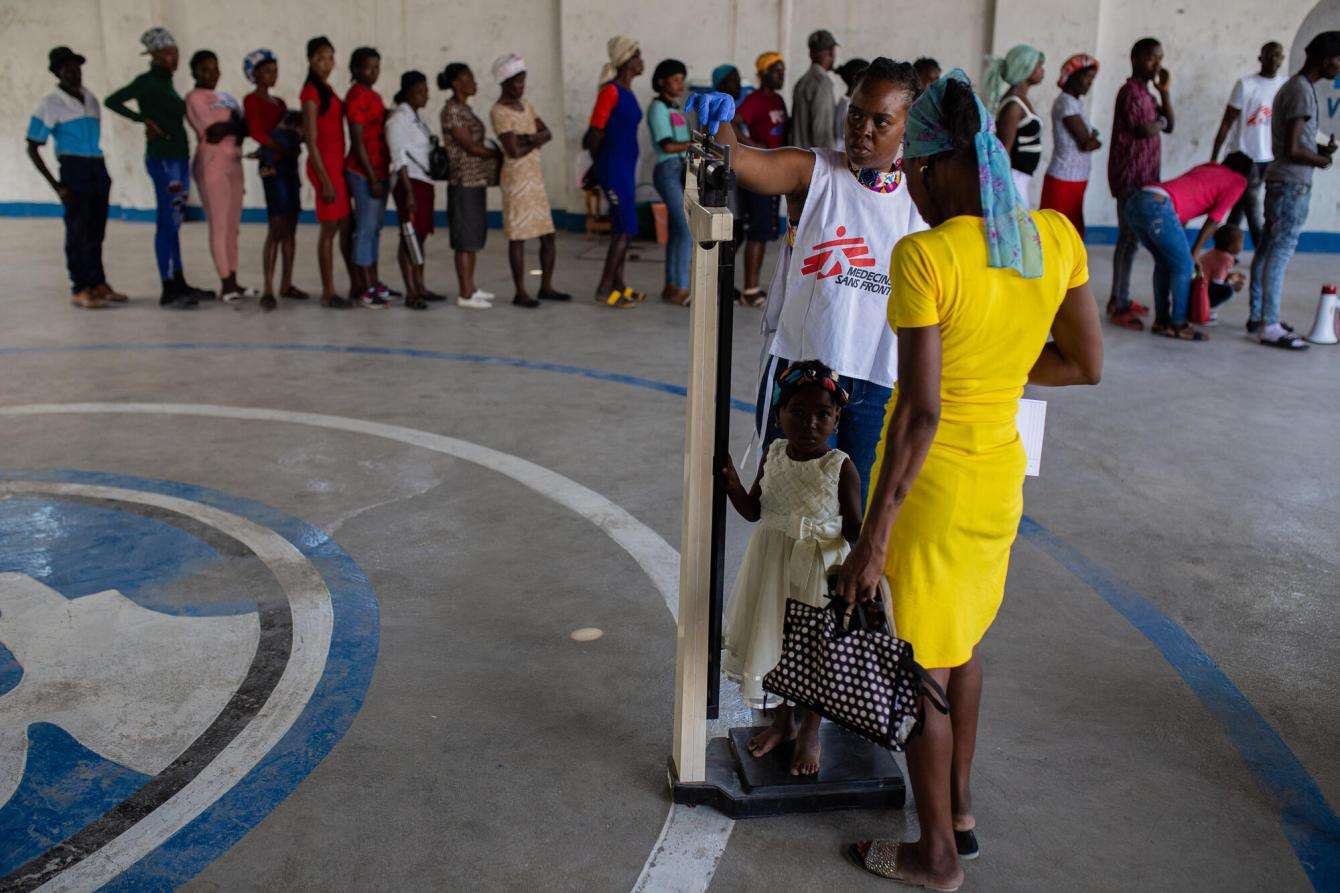
Mobile clinics in Haiti
In Port-au-Prince, Haiti, conflict between rival armed groups restricts movement across the city and leaves some neighborhoods cut off from medical care, water and sanitation services, and other essentials, while life under the constant threat of stray bullets and kidnappings has impacted people’s mental health.
MSF mobile clinics reach communities affected by the violence, distributing drinking water and hygiene kits, promoting health education, and providing primary and mental health care. In the first four months of 2023, our mobile teams cared for 7,781 patients, distributed more than 150,000 gallons of drinking water, and provided 607 hygiene kits.
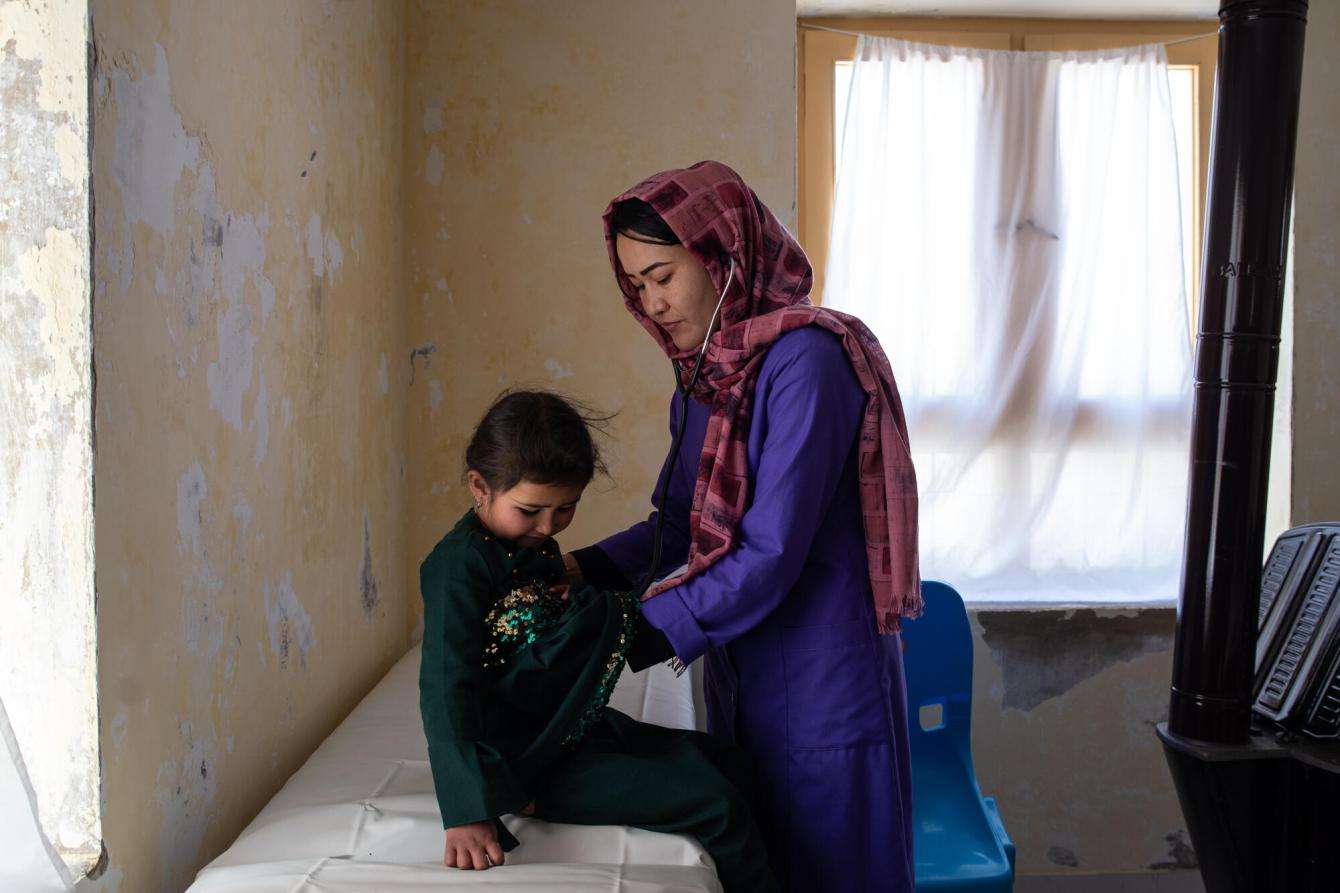
Maternal and pediatric care in Afghanistan
Since the Taliban took control of Kabul in 2021, it has become increasingly difficult for people to access health care in Afghanistan—particularly for women and in rural areas.
This year, MSF opened eight new health facilities in Bamyan province, a mountainous region without adequate access to primary health care. Since then, our teams have provided over 1,200 prenatal and postnatal consultations, more than 3,400 pediatric consultations, screened nearly 2,000 children for malnutrition, and referred 75 patients to Bamyan provincial hospital for the treatment of more complicated health issues.





